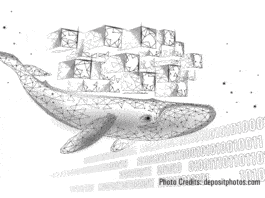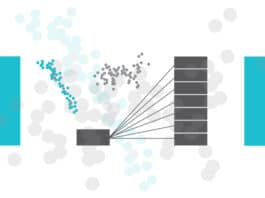- It said that the new decision management runtimes build on existing capabilities that incorporate decision modeling tools into development environments like Visual Studio Code (VSCode)
- Developers also have access to additional features that enable them to set business rules and more effectively create decision microservices on Quarkus
Red Hat, Inc has announced new end-to-end Kubernetes-native decision management capabilities as part of the latest release of Red Hat Process Automation. Based on the open source Kogito project, the new capabilities enable individual business decisions to be created and deployed as containerized microservices that are managed by Kubernetes alongside other containers in the application environment, reducing redundancy and the footprint of traditional decision management systems when deploying in cloud-native environments like Red Hat OpenShift.
It said that the new decision management runtimes build on existing capabilities that incorporate decision modeling tools into development environments like Visual Studio Code (VSCode), allowing developers to use business rules and modeling languages like decision model and notation (DMN) as part of a development project.
Developers also have access to additional features that enable them to set business rules and more effectively create decision microservices on Quarkus, including access to low-level Drools Rule Language (DRL) to write rules and associated rule units. Generators, to provide automated REST and OpenAPI endpoints from the DMN models and DRL rules, as understanding inputs and outputs are needed in order to make requested decisions and Add-ons, to allow developers to add operational and domain-specific monitoring metrics (DRL decisions provide only operational metrics) and assets for decision streaming of CloudEvents using Apache Kafka.
Handle data streams from multiple sources and deliver them to multiple consumers
It added, “Red Hat Process Automation is now integrated with Red Hat AMQ and Apache Kafka, a distributed data streaming platform that can publish, subscribe to, store, and process streams of records in real time. It is designed to handle data streams from multiple sources and deliver them to multiple consumers. Developers can connect to Apache Kafka events in multiple ways, including starting Starting or resuming reactive business process by acting on events received by the ecosystem. Emitting events from processes based on the key business behaviors and notifying the ecosystem about certain changes and tracking the ongoing activity for processes, cases and tasks through native Kafka event emitters when transactions are committed
Red Hat Process Automation now includes OptaPlanner 8, embeddable planning engine that enables Java programmers to solve optimization problems efficiently. OptaPlanner 8 fully supports Quarkus, and includes new Quarkus-based quickstarts, such as vehicle route planning, employee rostering and vaccination scheduling. Capabilities introduced via the latest release of Red Hat Process Automation are in addition to features included in previous releases. Red Hat continues to support customers using previous releases of the technology.




